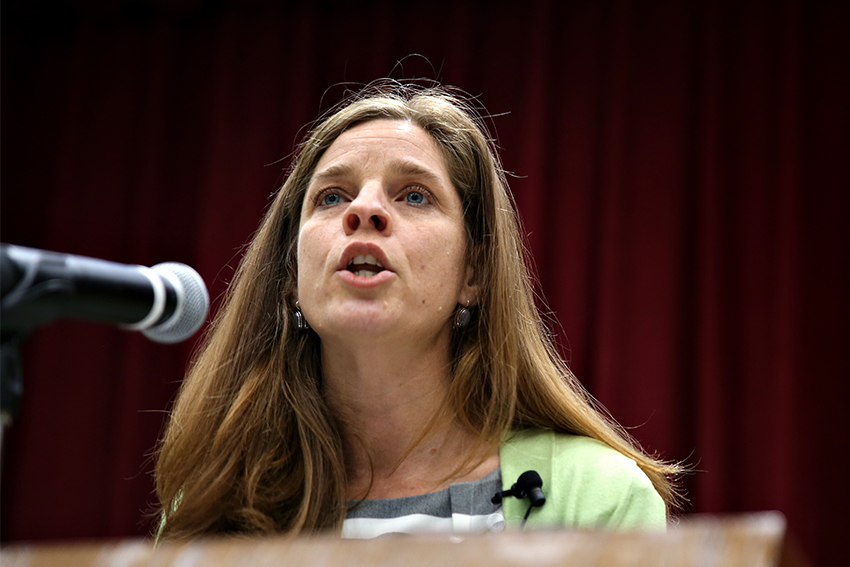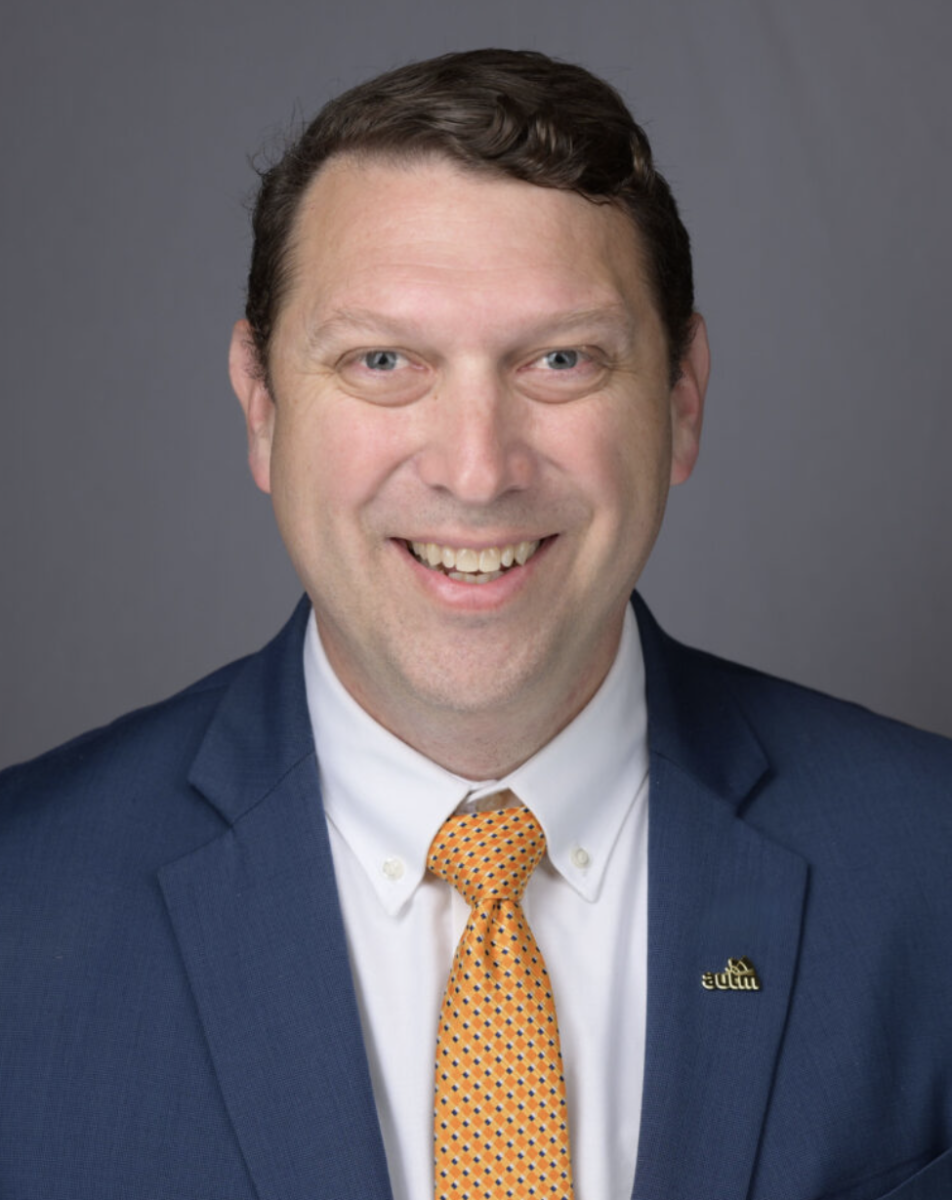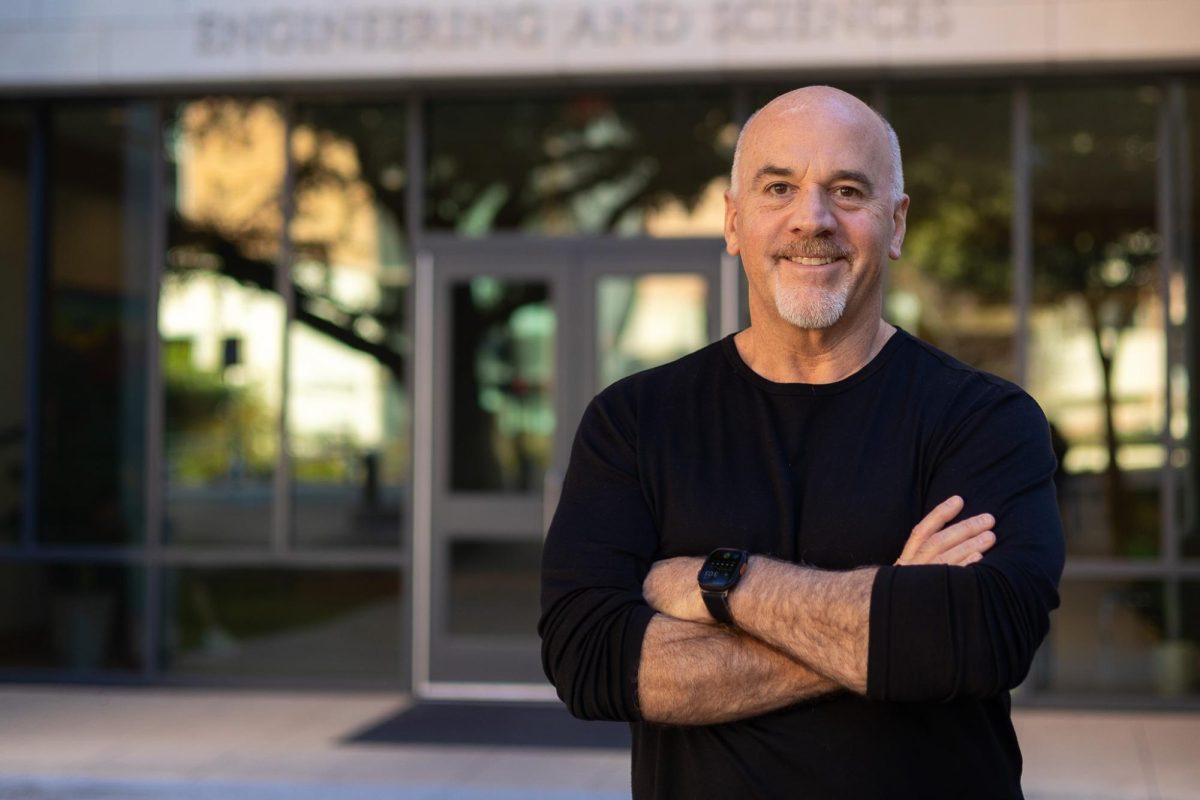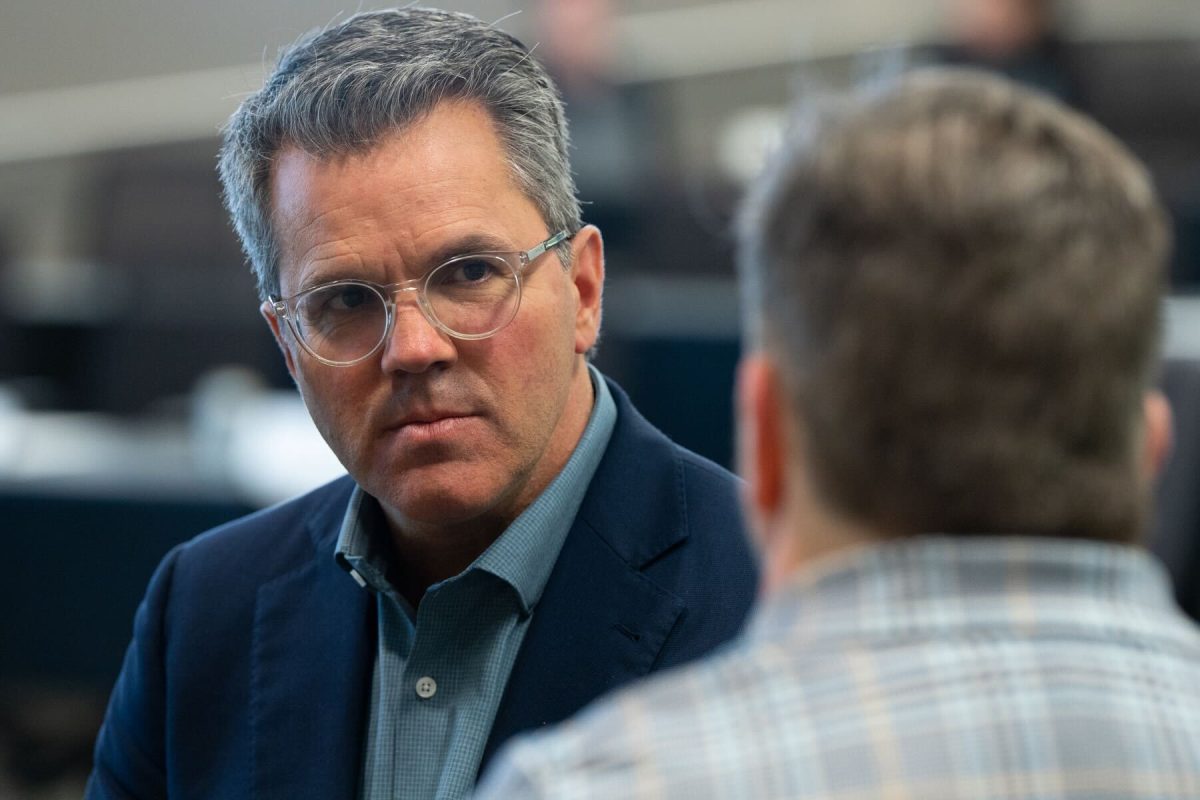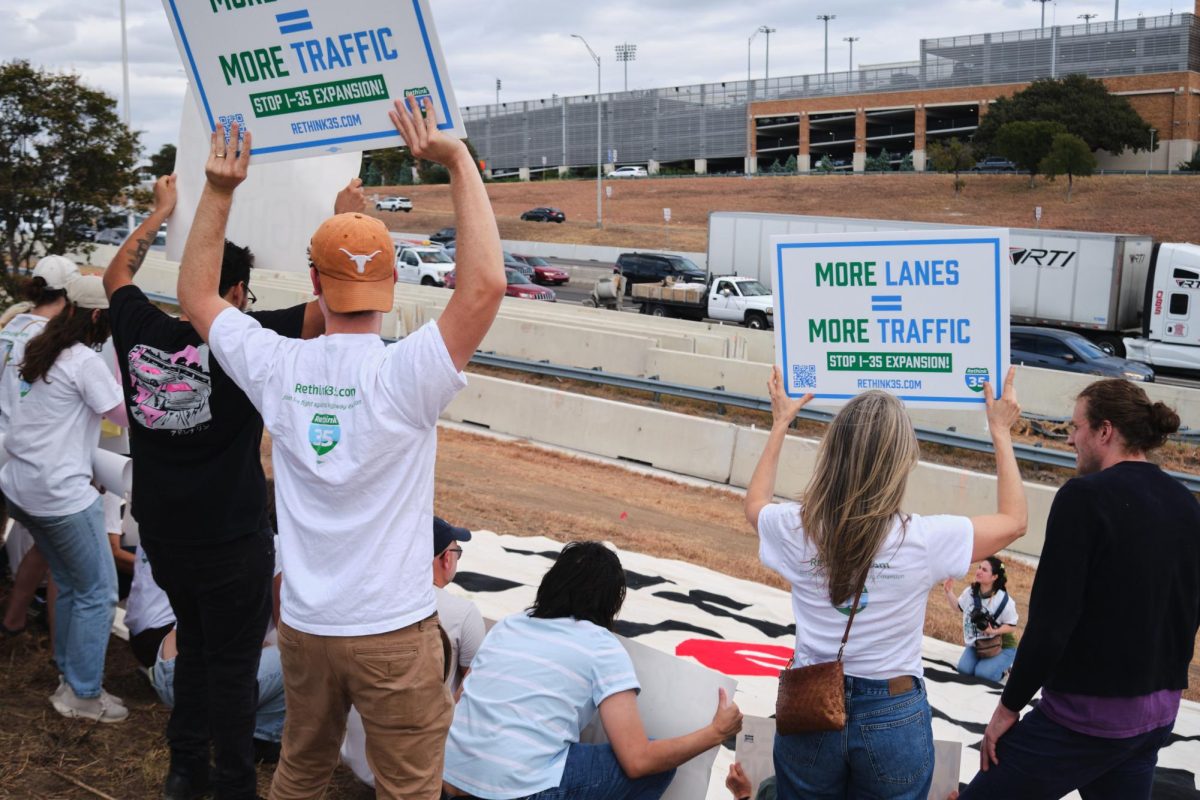Police reform not only requires action from the federal government, but also requires the community to hold officers accountable, according to Christy E. Lopez, UT School of Law’s current G. Rollie White Public Interest Scholar.
Lopez, the deputy chief of the special litigation section in the U.S. Department of Justice’s Civil Rights Division, said Tuesday the public entrusts officers with the authority of the law, and it is up to the community to ensure these powers are not misused. Lopez also said the Department of Justice has come to understand the importance of public involvement with resolutions to police misconduct through investigations in her field. It is up to each community to vote to adopt resolutions suggested by the Department, after it thoroughly investigates the city’s police department.
“We are recognizing that real meaningful community engagement has to be part of any remedy,” Lopez said. “… We need local communities to speak out in favor of fair treatment, we need grassroots activism.”
Lopez is a national expert on policing, and one of the authors of the Department of Justice’s recent investigative report on police misconduct in Ferguson, Missouri. Lopez said the law has gaps between what officers are authorized to do versus what they should do, and this presents a challenge that can be overcome by working to reform laws.
“Just because the law gives the officer the legal right to do something, doesn’t mean it would be the right thing to do,” Lopez said. “It’s another way of saying use your discretion wisely.”
Helen Gaebler, senior research attorney for the William Wayne Justice Center for Public Interest Law, said Lopez provided valuable insight from her experience with matters very present in the media.
“The work she does around policing and civil rights is particularly timely and a pressing issue for our community,” Gaebler said.
Social work graduate student Autoosa Abadi said she thought the speech could have delved deeper into the complicated issue, but said she felt the speech was a good overview of what the Department of Justice is doing to resolve the problem of police misconduct.
“It seems like it was a very short speech and it’s a very big topic to cover everything,” Abadi said. “In just 40 minutes, there’s only so much you can cover. She did a very good job covering the surface of the issues and her recommendations. It’s a very complex conversation.”

